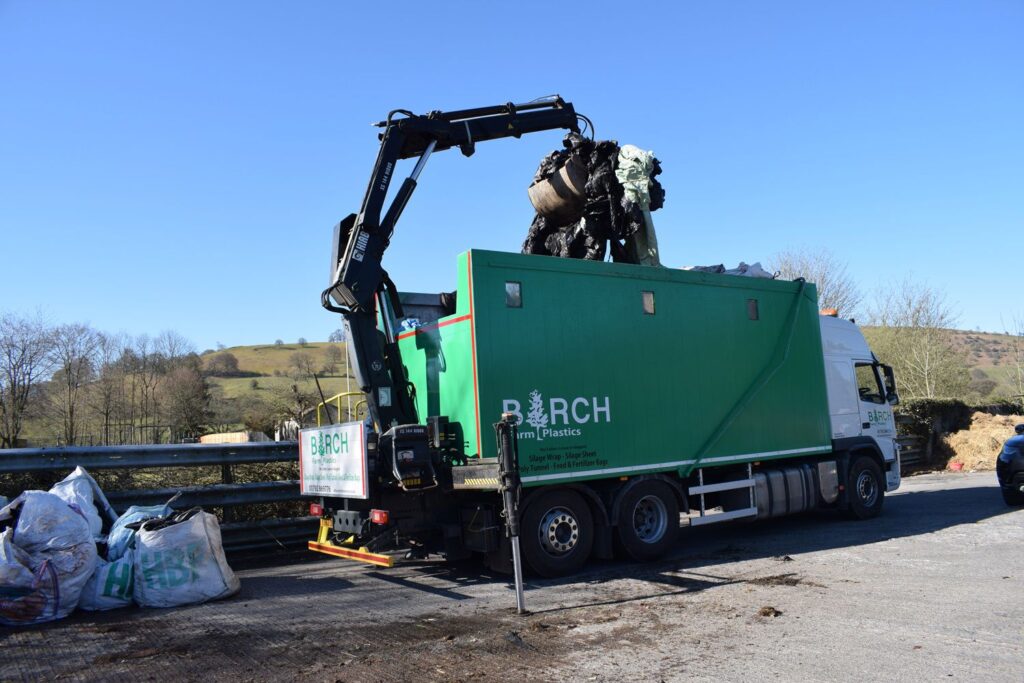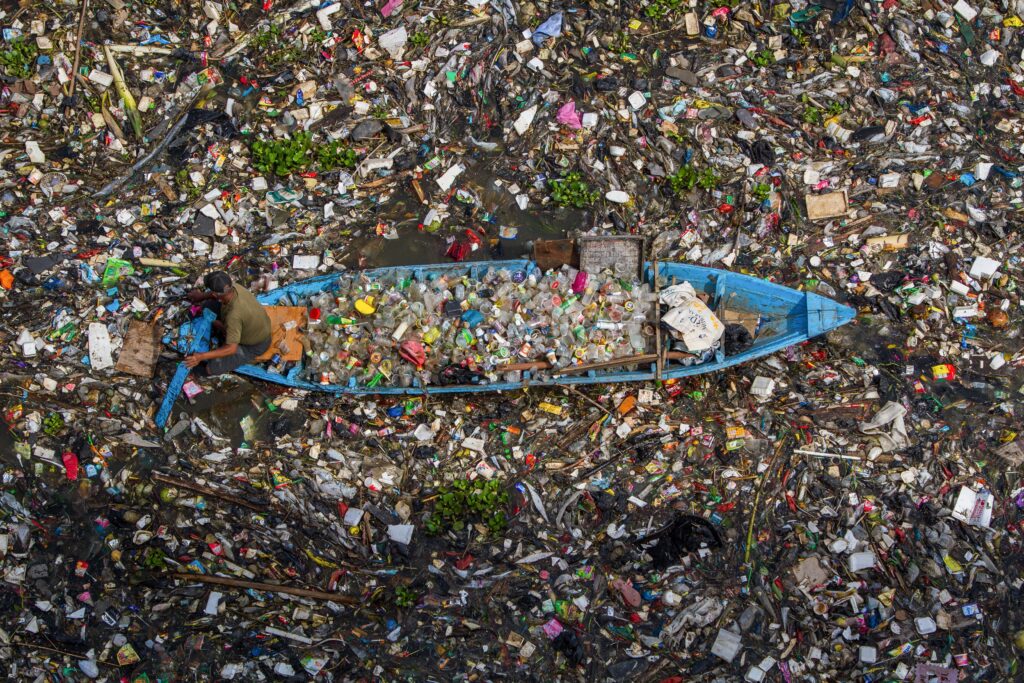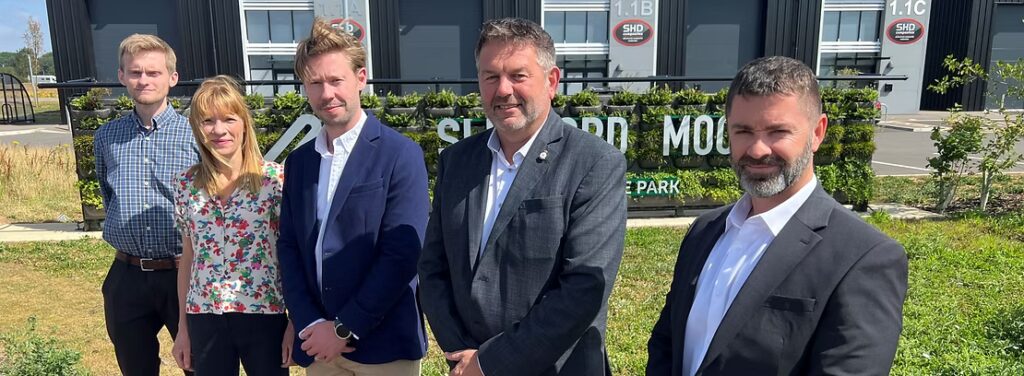Formerly these two markets have not been collectors of large quantities of plastic, but at the Bureau of International Recycling’s world recycling convention in Barcelona, representatives from Spain and South Africa informed fellow members of the positive strides the countries had made in the collection of plastic.
” Price increases have made people stand up and take notice of a market that was previously shunned in Spain.“
– Alvaro Rodriguez Martinez, BIR
Spain
For Spain this interest has been brought on directly because of Chinese demand and rising prices. Alvaro Rodriguez Martinez, the Spanish representative at the meeting, said: “Price increases have made people stand up and take notice of a market that was previously shunned in Spain.”
He said: “Export of recyclables from Spain was mainly seen in the paper and scrap metals market. Plastic was very much a secondary industry with nothing much recovered. Now there is a huge continuous demand from for materials coming from China and prices have increased – in the last six to 10 months prices have even doubled.”
With the more traditionally collected polyethylene film now being readily exported, the country has now begun the collection of PET plastic bottles as well. And, Mr Rodriguez Martinez informed the BIR members that Spain is also now more technically interested in the product as well, with sorting abilities being brought on board by recovery companies attempting to get hold of higher quantities and better qualities of plastic.
South Africa
In South Africa the industry is currently very different to the rest of the world. Plastic scrap imports are banned and up until recently the recycling rate for the material was around 2%.
Darren Pillai, the South African representative at the meeting, said that there many reasons why recycling of plastic was so low in Spain. He said: “We have an erratic currency rate, many finished plastic goods are imported so there is strong competition for the products finished market, and we have little regulations on the recovery of plastic.”
But, in an attempt to start a better recovery rate for the material, the government – alongside the few plastic recyclers already present in South Africa – is setting up a company specifically for the collection of PET bottles.
The collection of PET bottles is slowly increasing, with around 8% being collected in the country. But the South African industry hopes that this new company, coupled with funding provided through the government, will stimulate a recovery rate closer to 30%.
| Related links: |
And, South Africa already has a decent trade with the East and if its collection rates increase there is strong possibility that its relationship would easily lend itself to providing more plastic for the Chinese market.
Mr Pillai said that he felt South Africa was where Europe was about 15 years ago with regards to plastic collection and recycling. With the Chinese market offering more money and encouragement than Europe was receiving back then, it may not take 15 years for them to catch up.







Subscribe for free